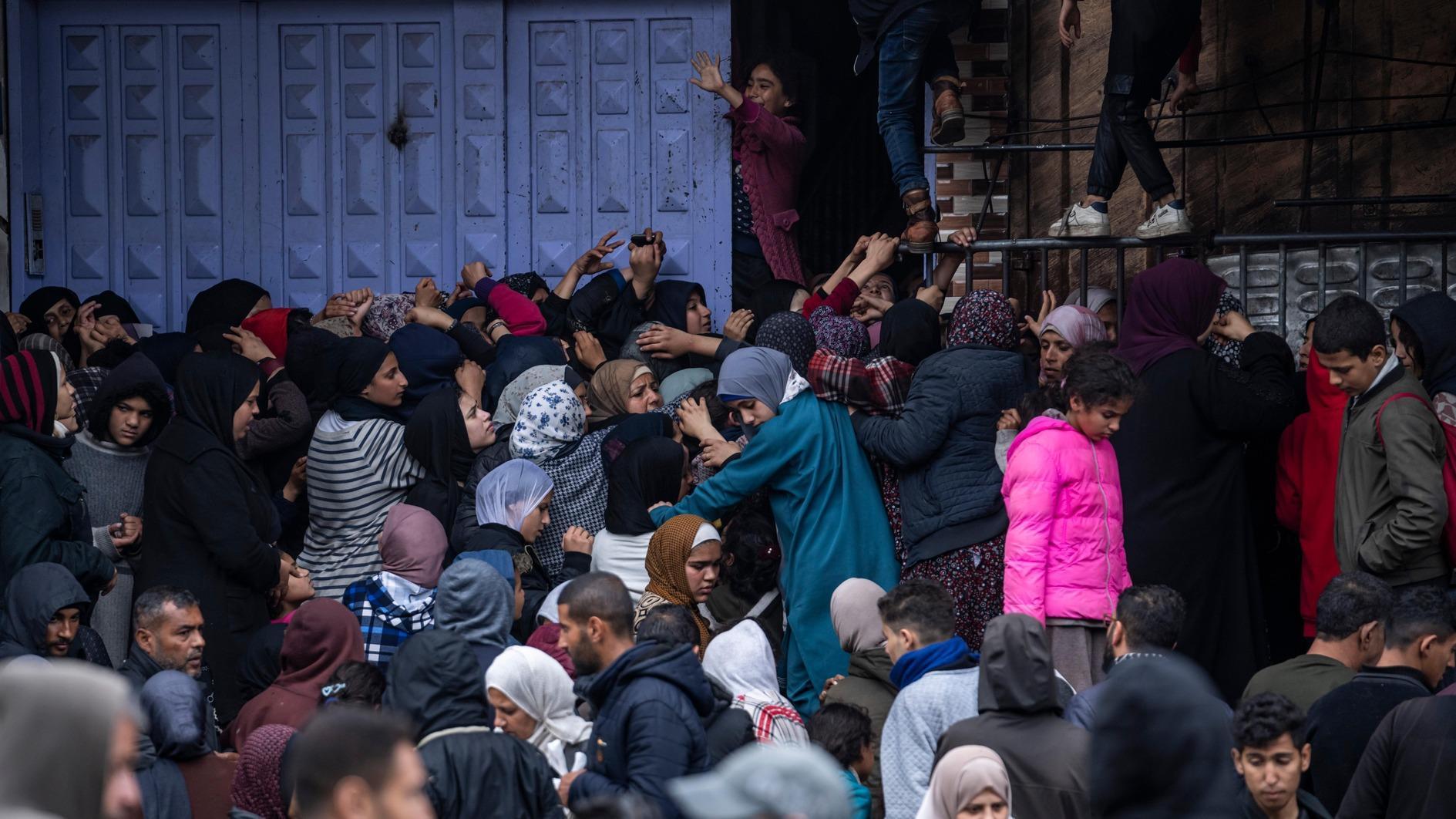
The announcement comes amidst mounting international pressure for a resolution to the hostilities that have resulted in significant casualties and widespread destruction. Both sides have experienced severe losses, with numerous civilians caught in the crossfire. The conflict, which has seen frequent flare-ups since its onset, has drawn global condemnation and calls for immediate action to restore peace.
The tri-party talks in Doha represent a critical diplomatic effort to de-escalate the situation. The United Nations has been actively involved in facilitating dialogue and offering humanitarian assistance. The United States, as a key ally of Israel, has been working behind the scenes to influence the negotiations, while Qatar, with its longstanding role in Middle Eastern diplomacy, is positioning itself as a neutral ground for these crucial discussions.
In preparation for the talks, both Israeli and Gaza representatives have been engaging in preliminary discussions to outline their terms and conditions. Reports indicate that the primary issues on the table include the cessation of hostilities, humanitarian aid access, and long-term security arrangements. Each party has specific demands, and finding common ground will be pivotal to achieving a durable ceasefire.
The international community is closely monitoring the situation, with several nations and organizations expressing support for the negotiations. Analysts emphasize that the success of these talks will depend on the willingness of both sides to compromise and the effectiveness of international mediators in addressing the underlying issues fueling the conflict.
Meanwhile, the humanitarian situation in Gaza remains dire. The blockade imposed by Israel has led to shortages of essential supplies, including food, medicine, and clean water. International aid agencies have been calling for an immediate increase in humanitarian relief efforts to alleviate the suffering of civilians affected by the conflict.
The escalation of violence has also had significant economic repercussions. The conflict has disrupted trade and commerce in the region, exacerbating the already fragile economic conditions. The potential for a ceasefire agreement could provide much-needed stability and allow for the rebuilding of infrastructure and the resumption of economic activities.
As the talks in Doha approach, there is cautious optimism that a ceasefire agreement could be reached. The stakes are high, and the outcome of these discussions will have far-reaching implications for the region's future. The international community remains hopeful that the negotiations will lead to a lasting peace and pave the way for further diplomatic efforts to address the broader issues underlying the conflict.
The evolving situation in Doha will be closely watched as key players engage in these pivotal discussions. The success of the ceasefire talks will depend on the commitment of all parties involved and their ability to navigate the complex and sensitive issues at hand.
Topics
Spotlight
